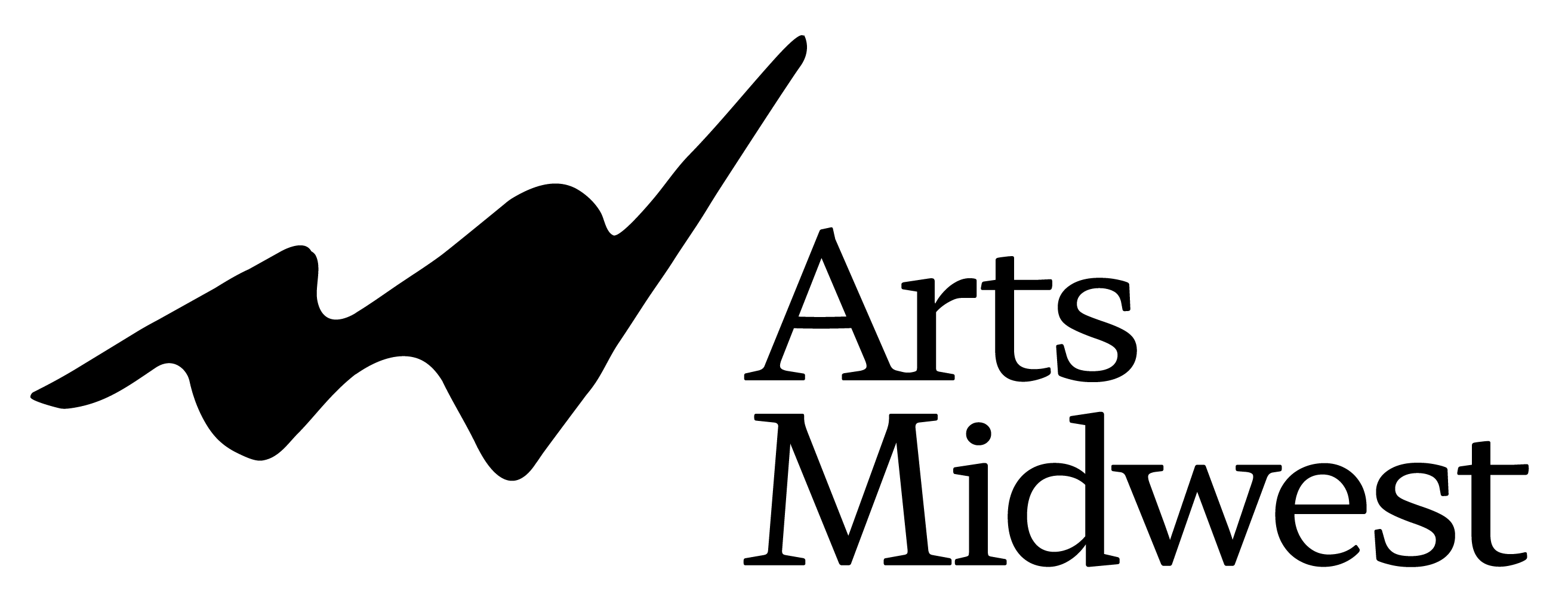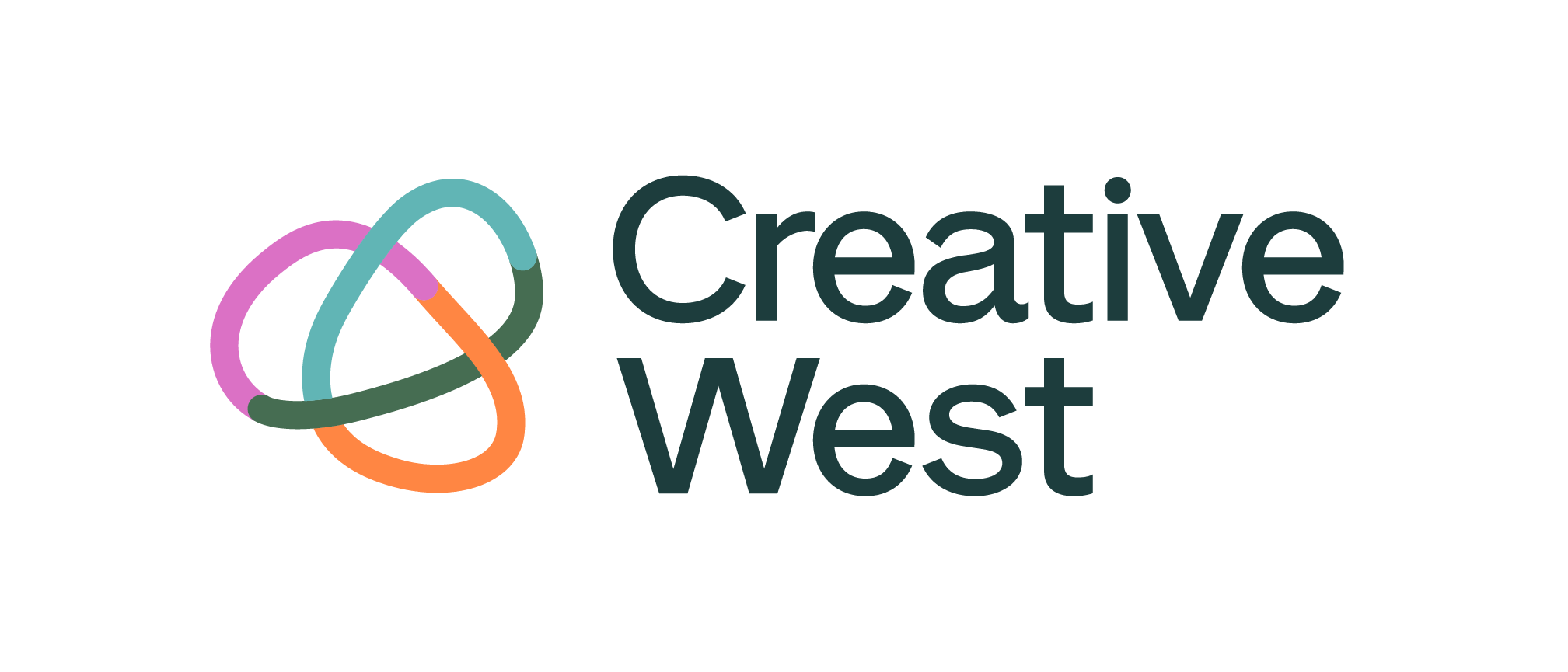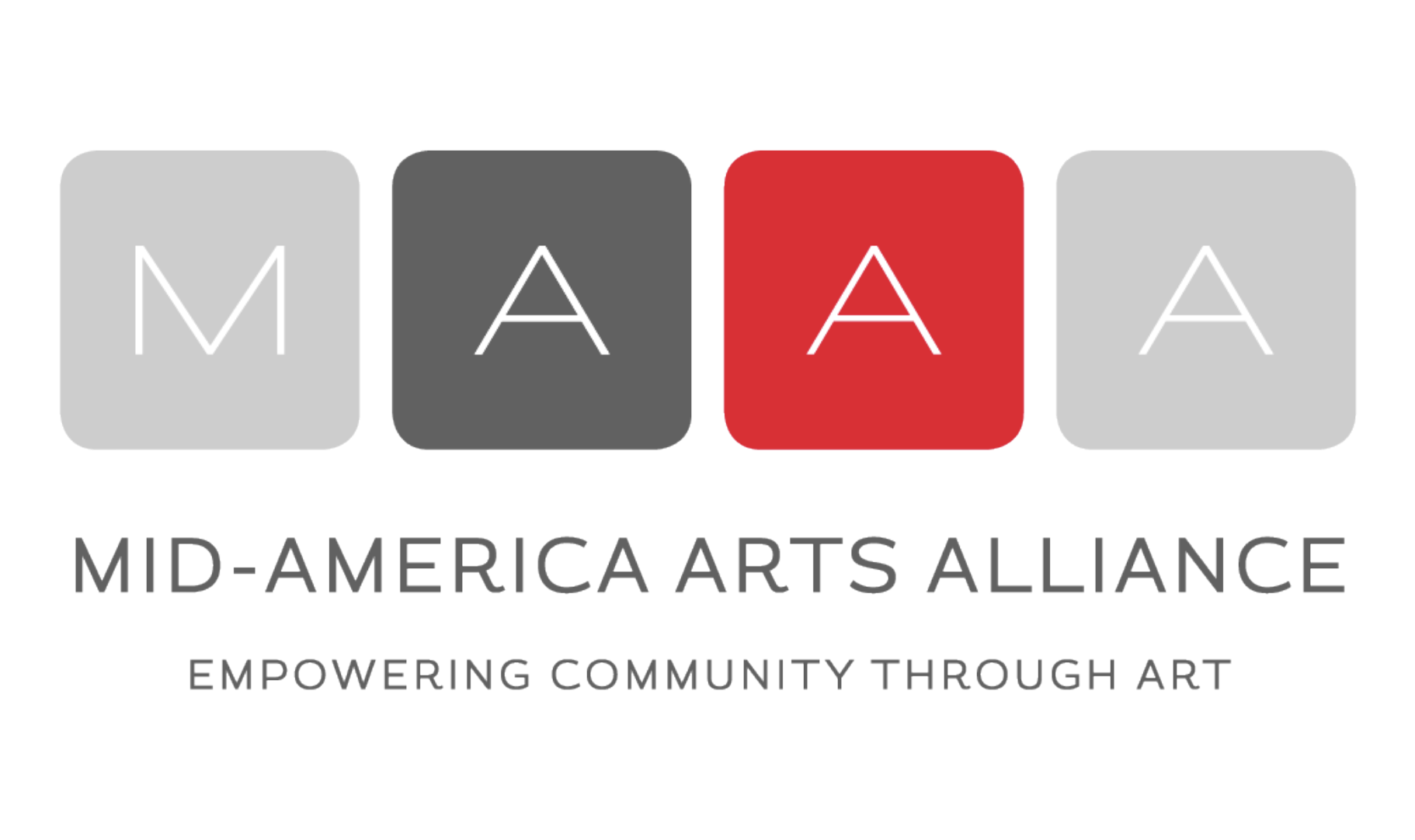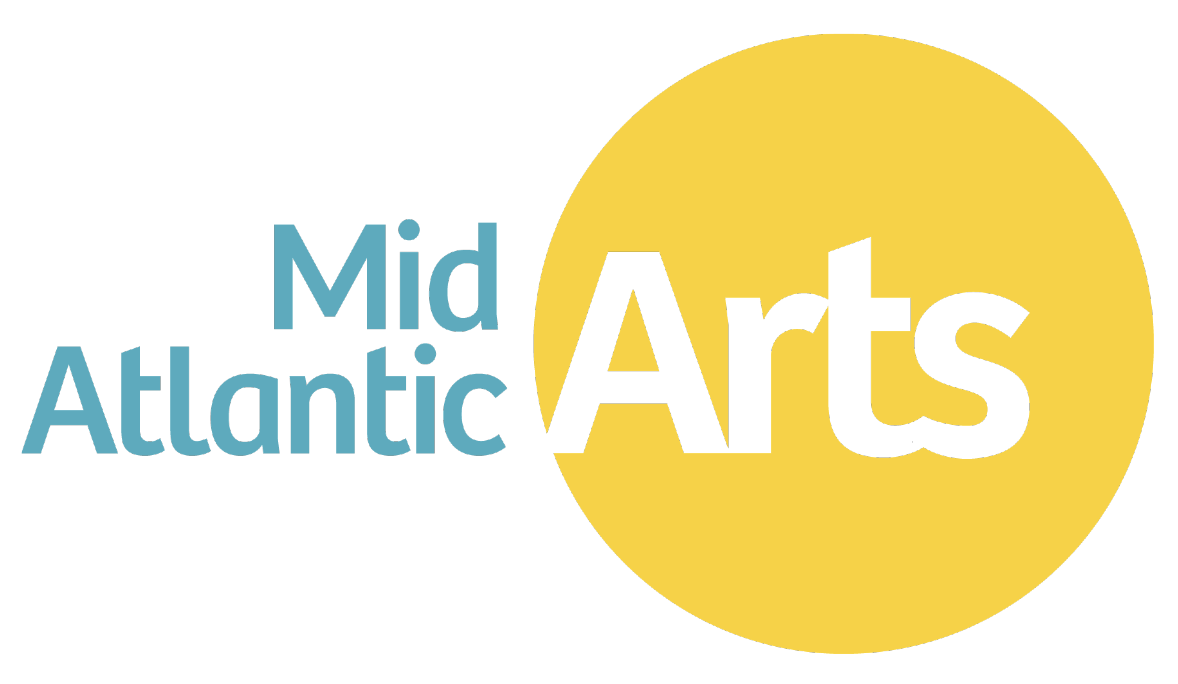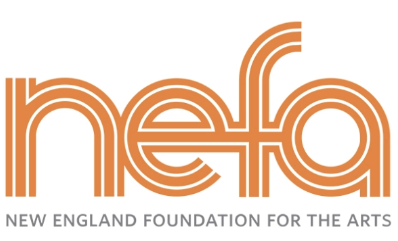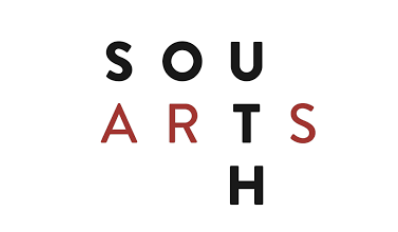National Leaders of Color Fellowship Program
Your Title Goes Here
Program Overview
The National Leaders of Color Fellowship program (LoCF) is a transformative leadership development experience curated by Creative West in order to establish multicultural leadership in the creative and cultural sector. By partnering with the other United States Regional Arts Organizations (USRAOs) the program has expanded nationwide and its mission has become a national endeavor.
During this no-cost eight-month fellowship, selected fellows receive access to specialists in the field, strategic learning objectives determined to deepen thought on anti-racist and culturally-oriented leadership practices, and national-level network and cohort building. Upon completion of this program, participants are granted alumni status and have opportunities to collaborate with the USRAO in their region as advisors, funding panelists, and/or other professional capacities.
The fellowship is online and typically takes place from the late fall through early summer of the subsequent year. Approximately 10 hours of work should be budgeted outside of the program dates listed below. As such, fellows are encouraged to receive pay from their employers for hours spent engaging in this fellowship opportunity. The USRAOs are available to provide a letter of support as a resource by request.
Please toggle through the dropdowns below to find out more information about the National Leaders of Color Fellowship program.
Application Open: Monday, September 16, 2024
Application Close: Sunday, October 13, 2024* (11:59 p.m. MDT)
Missed our information session? You can view the session slides here or check out the replay on our YouTube channel!
Your Title Goes Here
*Due to the extraordinary devastation caused by Hurricane Helene, the deadline for applicants in the South Arts region (Alabama, Florida, Georgia, Kentucky, Louisiana, Mississippi, North Carolina, South Carolina and Tennessee) has been extended to Sunday, October 20 at 11:59 p.m. MDT.
Eligibility
Who is eligible to apply?
- Candidates will meet the following criteria:
-
- Self-identify as Black, Indigenous and/or a person of color;
- Self-identify as an early or mid-career leader in the field of arts and culture;
- Is an arts administrator or a significantly arts-interested member such as a volunteer or a public official;
- Current resident of the United States, including U.S. Jurisdictions (American Samoa, Commonwealth of the Northern Mariana Islands, Guam, Puerto Rico, Virgin Islands); and
- Have not participated in or have participated in limited amounts of high-quality professional leadership development opportunities.
In addition to meeting the criteria above, LGBTQIA2S+ individuals, people with disabilities, low-income and individuals residing in rural, remote or frontier areas are highly encouraged to apply.
Can I apply if I’m moving to one of the eligible states or jurisdictions?
- If this is the case, please contact Creative West Grants Management to discuss your situation; grants@wearecreativewest.org.
Selection Process
The selection panel consists of staff from the RAO where the applicant resides, trusted stakeholders, program faculty and alumni.
The panel weighs the applicant’s professional experience and background, degree of thoughtfulness, and commitment and clarity conveyed in the personal reflection. Those who meet the criteria above and who have had limited resources or access to professional development opportunities will be of high consideration.
Additional considerations will ensure a cross-section of diversity in race/ethnicity, gender, sexual orientation, community (urban/suburban/rural), artistic discipline, years of experience and/or affiliation with a culturally-specific organization.
Applicants should expect to hear by Monday, November 25, 2024.
National Cohort Date Structure
Selected Fellows are expected to participate fully in both the national cohort sessions outlined below
and the regional cohort sessions outlined in the next dropdown.
Please read carefully.
LoCF Orientation
Deeper Dive Connections
Date: Wednesday, December 18, 2024 4 p.m.-7 p.m. MST
During this session, Fellows will start to build connections with the Fellows from across the nation. This community-building is critical in building a needed sense of belonging in the program and its small group work, as well as for nurturing ongoing professional relationships in the field.
Sessions
During monthly sessions, Fellows will work with LoCF faculty who will present a number of strategic concepts, including policy, advocacy and data; leadership; and culture of care. The content will be shared through lectures by the faculty and/or guest speakers, small group and/or individual exercises. While the bulk of the content will be presented during these sessions, Fellows should also carve out time for asynchronous home assignments – some with small groups and some on their own.
- Monthly Sessions: Mondays*, 4 p.m.-7 p.m. Mountain Time (MT)
- SESSION #1 – January 27, 2025 (MST)
- SESSION #2 – February 24, 2025 (MST)
- SESSION #3 – March 24, 2025 (MDT)
- SESSION #4 – April 28, 2025 (MDT)
- SESSION #5 – May 19, 2025 (MDT)
- SESSION #6 – June 23, 2025 (MDT)
- Regional Conversations + Recommendations: July 17, 2025, 4-7 p.m. (MDT)
- During this session, Fellows will engage in conversations with their respective regional USRAO and work with staff to determine their ongoing engagement. Collectively, Fellows will lead a summit conversation as informed by their participation in the program. Fellows will also present a strategy for sustaining their connections as a full cohort.
*Due to the wide range of time zones, half-day monthly session start times for residents of the U.S. Jurisdictions in the Pacific region (ChST) will translate into the morning of the next calendar day. Please see below for clarification.
|
Samoa Standard Time
(SST) |
Hawaii Time
(HST) |
Alaska Daylight Time
(AKDT) |
Pacific Time
(PDT) |
Mountain Time
(MDT) |
Central Time
(CDT) |
Eastern Time
(EDT) |
Guam Time
(ChST) |
Northern Mariana Islands
(ChST) |
| -5 hours | -4 hours | -2 hours | -1 hour | +0 hours | +1 hour | +2 hours | +16 hours | +16 hours |
| 10 a.m. | 11 a.m. | 1 p.m. | 2 p.m. | 3 p.m. | 4 p.m. | 5 p.m. | 7 a.m. | 7 a.m. |
| Monday | *Tuesday | |||||||
Regional Cohort Date Structure
Selected Fellows are expected to participate fully in both the regional cohort sessions outlined below
and the national cohort sessions outlined in the dropdown above.
Please read carefully.
Monthly Regional Cohort Meetings
The purpose of these monthly meetings will be to foster professional relationships, networking, and knowledge-sharing among fellows and strengthen their connection to the U.S. regional arts organization. Please see below regarding region-specific dates and times.
The regional Meet-and-Greet sessions will take place in December, while the other regional cohort meetings will be monthly beginning in February and ending in July.
You will only be expected to attend dates in your own region.
| Region | Event | Time |
| Arts Midwest Illinois, Indiana, Iowa, Michigan, Minnesota, North Dakota, Ohio, South Dakota, and Wisconsin |
Meet-and-Greet | December 11, 2024, 4-6 p.m. CST |
|
Cohort Sessions |
2-3:15 p.m. CT, every first Wednesday of the month | |
| Mid-America Arts Alliance Arkansas, Kansas, Missouri, Nebraska, Oklahoma, and Texas |
Meet-and-Greet | December 9, 2024, 4-6 p.m. CST |
|
Cohort Sessions |
2-3 p.m. CT, every first Wednesday of the month | |
|
Mid Atlantic Arts Delaware, the District of Columbia, Maryland, New Jersey, New York, Pennsylvania, Puerto Rico, the U.S. Virgin Islands, Virginia, and West Virginia. |
Meet-and-Greet | December 10, 2024, 4-6 p.m. EST |
|
Cohort Sessions |
3-4 p.m. ET, every first Wednesday of the month | |
|
New England Foundation for the Arts Maine, New Hampshire, Vermont, Massachusetts, Connecticut, Rhode Island |
Meet-and-Greet | December 12, 2024, 2-4 p.m. EST |
|
Cohort Sessions |
3-4 p.m. ET, every first Wednesday of the month | |
|
South Arts
Alabama, Florida, Georgia, Kentucky, Louisiana, Mississippi, North Carolina, South Carolina and Tennessee. |
Meet-and-Greet | December 10, 2024, 4-6 p.m. EST |
|
Cohort Sessions |
5:30-6:30 p.m. ET, every fourth Tuesday of the month | |
|
Creative West
Alaska, Arizona, California, Colorado, Hawai’i, Idaho, Montana, Nevada, New Mexico, Oregon, Utah, Washington, Wyoming, American Samoa, Commonwealth of Northern Mariana Islands (CNMI), and Guam. |
Meet-and-Greet | December 11, 2024, 6-8 p.m. MST |
|
Cohort Sessions |
6-7 p.m. MT, every second Tuesday of the month |
Frequently Asked Questions
Where will this take place? Is it in-person?
- This program is entirely online.
Will there be any out-of-pocket costs associated with participating in the program?
- The six participating USRAOs fully fund this program. Selected fellows do not pay to participate.
Are Fellows compensated for their time during their participation?
- The six participating USRAOs do not compensate Fellows for their participation. If Fellows require a letter of support to encourage external support for their participation, the USRAO in their region is prepared to provide a letter if requested.
What have been some of the program outcomes?
- In 2019, Creative West commissioned an independent evaluation of the ELC program to assess whether we were meeting our stated program goals effectively. Key findings included:
- The program is well regarded by alumni and others in the field.
- The program achieves its goals to develop leaders of color committed to the arts.
- There is strong communication among participants and with Creative West.
- The program influences both the personal and professional lives of participants.
- As a result of the program, participants feel empowered and more capable of influencing the arts field.
- A strong majority of participants believe that the program positively affects their understanding of and capability to address issues of diversity, equity, and inclusion.
Can I reapply if I’m not selected?
- Yes. Future opportunities will be publicized on this website.
Program History
In 2010, Creative West established its Emerging Leaders of Color Professional Development Program (now known as the Leaders of Color Fellowship), which promotes multicultural leadership and equity in the arts by:
- Building a cohort of cultural leaders of color in the western United States who are committed to the advancement of the arts.
- Engaging diverse leaders in coursework and activities designed to strengthen competencies and prepare participants for leadership positions in the field.
- Providing opportunities for promising arts professionals to establish networks that support their careers and the cultural interests of the communities they represent and serve.
- Deepening participants’ understanding of the arts in the United States and how public support sustains the vibrancy of the sector.
Learn more about our history of engagement with program alumni.
In 2019, Creative West commissioned an independent evaluation of the ELC program to assess whether we were meeting our stated program goals effectively. The evaluation provided alumni with an opportunity to reflect on the experience and any influence it may have had on various aspects of their personal and professional lives. Key findings included:
- The program is well-regarded by alumni and others in the field.
- The program achieves its goals to develop leaders of color committed to the arts.
- There is strong communication among participants and with Creative West.
- The program influences both the personal and professional lives of participants.
- As a result of the program, participants feel empowered and more capable of influencing the arts field.
- A strong majority of participants believe that the program positively affects their understanding of and capability to address issues of diversity, equity, and inclusion.
|
About the United States Regional Arts Organizations Representing six geographical regions of the United States, we strengthen and support arts, culture, and creativity in our individual regions as well as across the nation through partnerships, research, and innovative grant funding practices. We serve the nation’s artists, arts and culture organizations, and creative communities with programs that reflect and celebrate the diversity of the field in which we work. Learn more about the six individual RAOs and our collective impact. |

